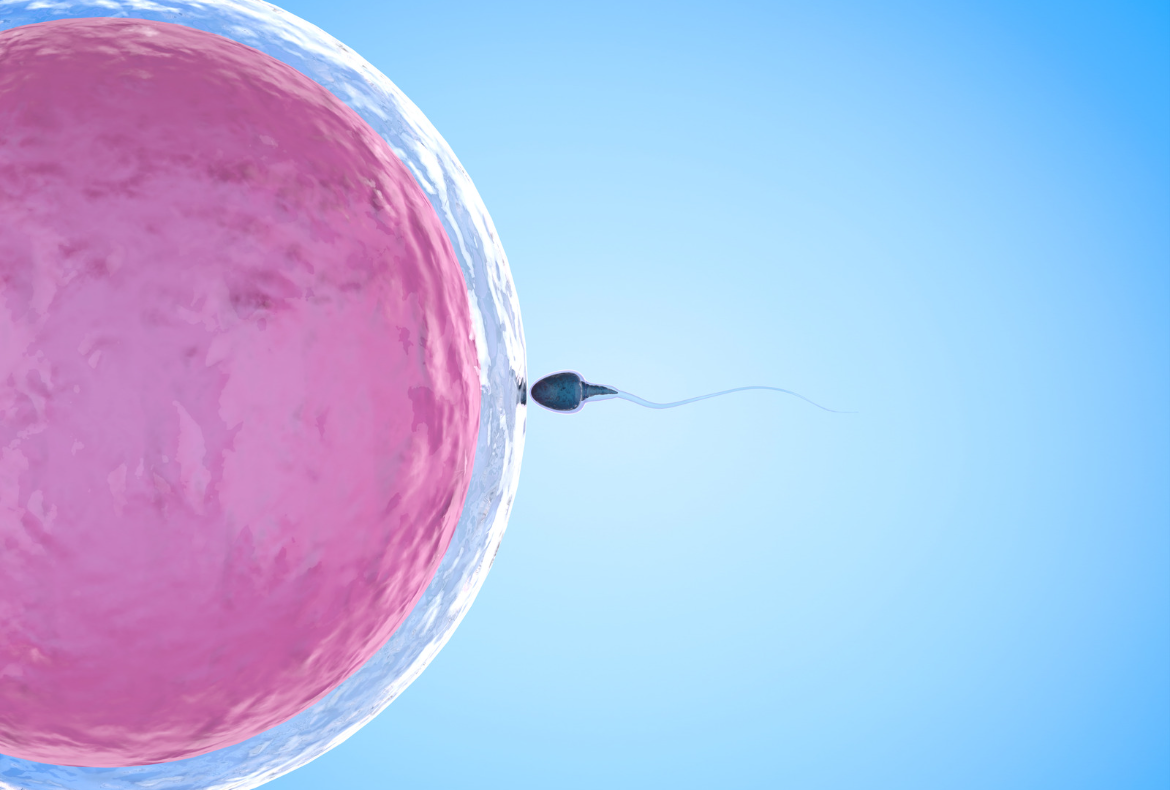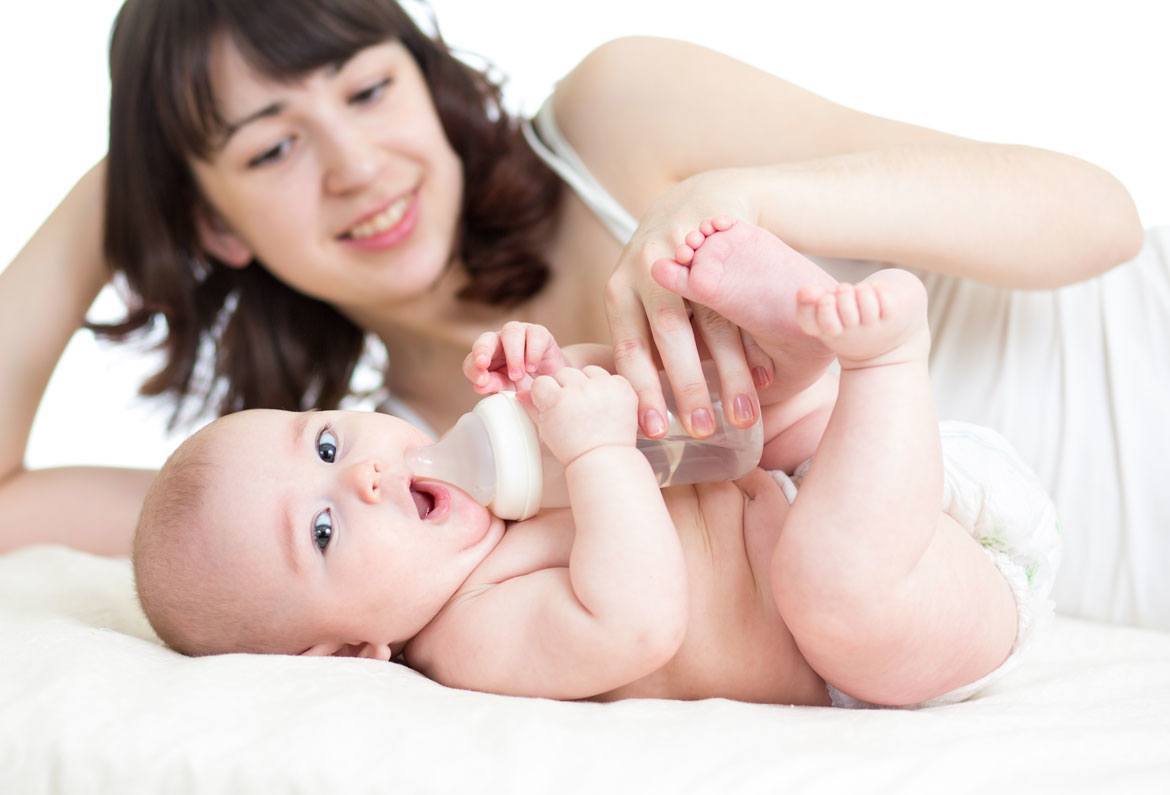
IVF Treatment, also known as in vitro fertilization, is a form of assisted reproductive technology in which eggs are extracted from a woman’s ovaries and then fertilized in a laboratory environment using the man’s sperm. It is possible to increase the likelihood of a woman becoming pregnant by allowing the fertilized egg, also known as the embryo, to develop for a number of days in a controlled environment before it is inserted into the uterus of the woman.
Over the course of a few hours, the process of fertilization produces a number of embryos. The embryos are developed in the lab up to Day 5, which is known as the blastocyst stage because there is ample proof that this stage of development increases the likelihood that the embryos will implant in the uterus. An embryo transfer is a quick process in which fertilized embryos are moved into the woman’s uterus. When more than two embryos are created, the extras can be preserved and used in later rounds. Intracytoplasmic sperm injection (ICSI) is used to carry out fertilization if there are problems with sperm quality. Each egg receives one sperm at this point.
The following patients may benefit from IVF treatment for infertility:
Blocked or damaged fallopian tubes: If the fallopian tubes are damaged or blocked, it is more difficult for an egg to get fertilized or for an embryo to go from the fallopian tube to the uterus.
Male infertility: It may be challenging for sperm to fertilize an egg in males with low sperm concentration, sperm with poor motility, or sperm with abnormalities in size and form.
Unexplained infertility: One in six couples experience infertility issues, and sometimes the underlying causes are still unclear despite research.
Ovulation disorders: Imply that ovulation does not take place and can be found in up to 20% of infertile couples.
Premature ovarian failure: The inability of the ovaries to function before the age of 40 is referred to as premature ovarian insufficiency (POI).
Endometriosis: It is a condition that develops when the lining of the uterus (womb) starts to grow in areas that are not inside the uterus.
The following are the basic procedures involved in IVF treatment and embryo transfer:
Preparing the Ovaries for Stimulation:
Your natural menstrual cycle will be suppressed by fertility drugs for roughly two weeks. Following this, a patient receives fertility medications to increase egg production. Because some eggs won’t develop or become fertile after retrieval, many eggs are preferable. The ovaries are examined using transvaginal ultrasonography, and blood samples are collected to determine the hormone levels.
Collection of eggs:
An ultrasound-guided small surgical procedure is performed to retrieve eggs, which entails inserting a needle through the vagina and into each ovary. After that, the needle is used to gather the eggs. In some circumstances, medicine is used to lessen or eliminate potential discomfort.
Fertilization of Eggs:
It is necessary for the male partner to provide a sample of sperm that has been prepared for fusing with the eggs. In order to promote fertilization, the retrieved eggs are combined with your partner’s or the donor’s sperm and kept in a lab. In some circumstances, intracytoplasmic sperm injection (ICSI) may be used if the male partner has a low sperm count. A single sperm is directly inserted into the egg using this method in an effort to establish fertilization. Before being returned to the uterus, the fertilized eggs (embryos) continue to develop in the laboratory for one to five days.
Embryo Transfer:
For transfer, the best-looking embryos are chosen. To transfer the embryos, the doctor will insert a catheter or tiny tube through the cervix and into the uterus. Although some women may have slight cramping following this operation, it often doesn’t require an anesthetic, and the patient typically leaves the clinic after a brief recovery period. In the event that the surgery is successful, implantation typically happens six to ten days after egg retrieval.
IVF Treatment at Miracle Fertility Center
In Bangalore, Miracle Fertility Centre has been well-known for providing effective IVF therapy for a long time now. In order to get a full view of your reproductive potential, we run all diagnostic tests first. Finding the root of the issue and recommending the best therapy is a top focus for our skilled fertility specialists. If you decide to go through with IVF treatment in Bangalore, know that our team of embryologists is committed to providing you with the highest quality care possible at every stage of the process.
- We don’t compromise on quality at our IVF Center and only utilize the best fertility medications available on the market from international pharmaceutical firms.
- Over the years, Miracle Fertility Center has maintained a clinical pregnancy rate compared to other IVF facilities in Bangalore.
- The Miracle Fertility Centre’s Assisted Reproductive Technology (ART) Laboratory is equipped with cutting-edge technology.
- With fixed-pricing IVF and ICSI packages, patients may obtain excellent care at low prices without worrying about any additional fees.
Fertility Care

Contact Us




